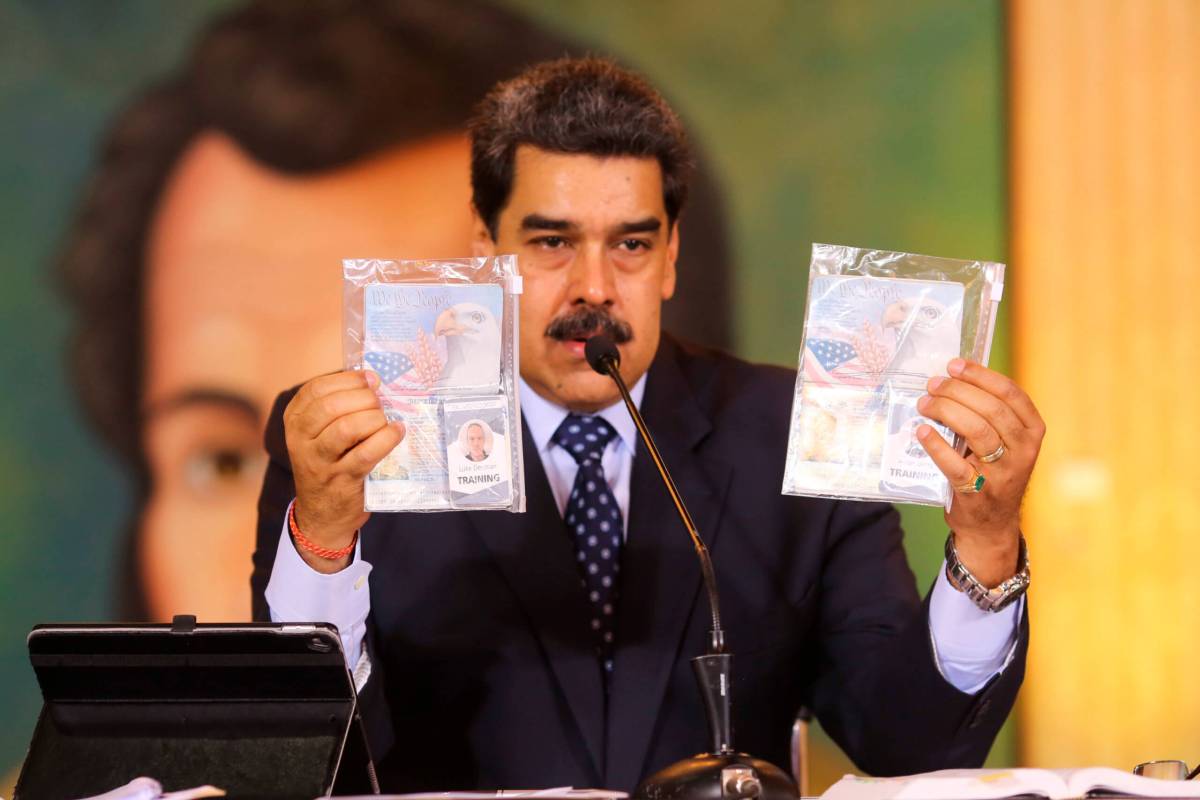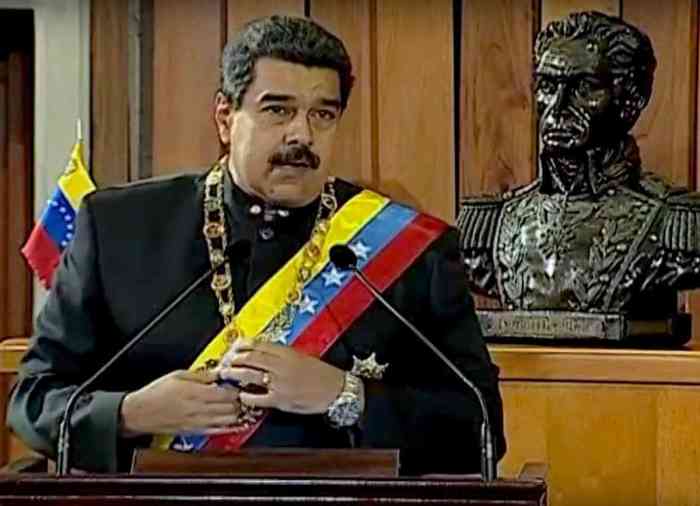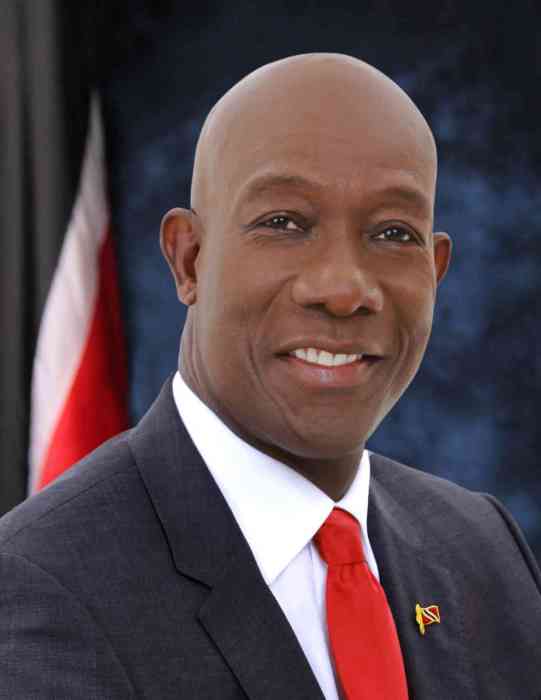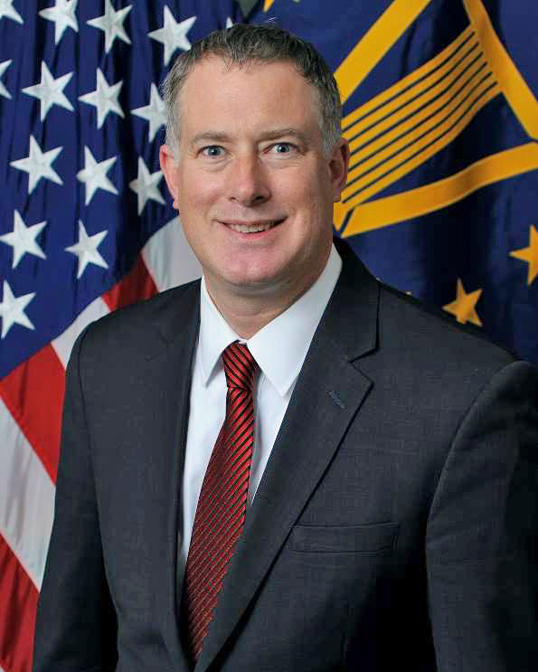A leaked internal memo prepared for a special virtual meeting of Caribbean foreign ministers in the past week has blamed the Trump administration in the US for threatening the region’s long fought for status as “a zone of peace.”
Prepared by the Guyana-based CARICOM secretariat ahead of a two-day meeting that ended last Friday, the memo seemed to severely doubt stated American intentions that the American military build up near Venezuela has much to do with preventing narco trafficking from Venezuela to the US, noting that this is threatening the region as a special zone of peace.
Trump on April 1, announced that US navy ships were being deployed near Venezuela as part of a plan by his administration to embark on a major anti narcotics exercise to stem the flow of drugs to the US mainland. Criminal narcotic smuggling and narcotic terrorism indictments have already been dished out against President Nicolas Maduro and other top officials, moves widely seen as stepping up the pressure on Maduro to leave office. The deployment is reported to be among the largest in the region since the 1989 effort to remove Panamanian leader General Manuel Noriega.
“The US has taken advantage of internal weakness wrought by the pandemic in countries where it has been seeking regime change — Iran, Venezuela, and Cuba — to strengthen its sanctions regime,” parts of the documents stated.
It added that Venezuela “enjoys the support of Russia,” contending that this “has deepened great power rivalry and the attendant security dangers, threatening the region’s stature as a zone of peace.” The region was declared a peace zone in 2014 at a Latin American and Caribbean summit in Havana, Cuba.
The issue did not come up at the meeting as planned on the packed agenda but the secretariat has confirmed that the document was prepared for the meeting by officials ahead of the online session. Assistant Secretary General and bloc secretariat foreign affairs chief, Colin Granderson said in brief remarks that “there was a brief on bilateral relations which made reference to the US as well as other third states and one on relations with Latin America which made reference to a number of LA states including Venezuela. There was also a discussion paper on the impact of the coronavirus on international relations.”
The issue was also discussed by Prime Minister, Keith Rowley of Trinidad last week.
He said that tensions “have come to our borders, we do not have the wherewithal to prevent that, so we simply have to rely on the principles of international justice. Nothing has changed, our position remains the same. Trinidad and Tobago is part of CARICOM. We view the Caribbean as a zone of peace.”
Two CARICOM member states, Trinidad and Guyana are particularly worried about any American military build up in the south Caribbean as Trinidad is just seven miles from Venezuela and Guyana is even closer, separated by the relatively small Wenamu and Cuyuni Rivers.
These two are already burdened down with large numbers of Venezuelan refugees who have migrated to Trinidad and Guyana. Trinidad thinks it is hosting about 60,000 Venezuelans while Guyanese authorities say their estimate is about 40,000 and climbing, slowed only for now by closed borders because of the coronavirus pandemic. Further unrest in the region could bring even more refugees to these bloc member nations in addition to placing the region in the center of a mini cold war involving the US, Russia and Venezuela officials say.
The authors urged increased attention to foreign policy coordination in the bloc of 15 nations, whose votes on issues related to Venezuela have been split at international forums.





















